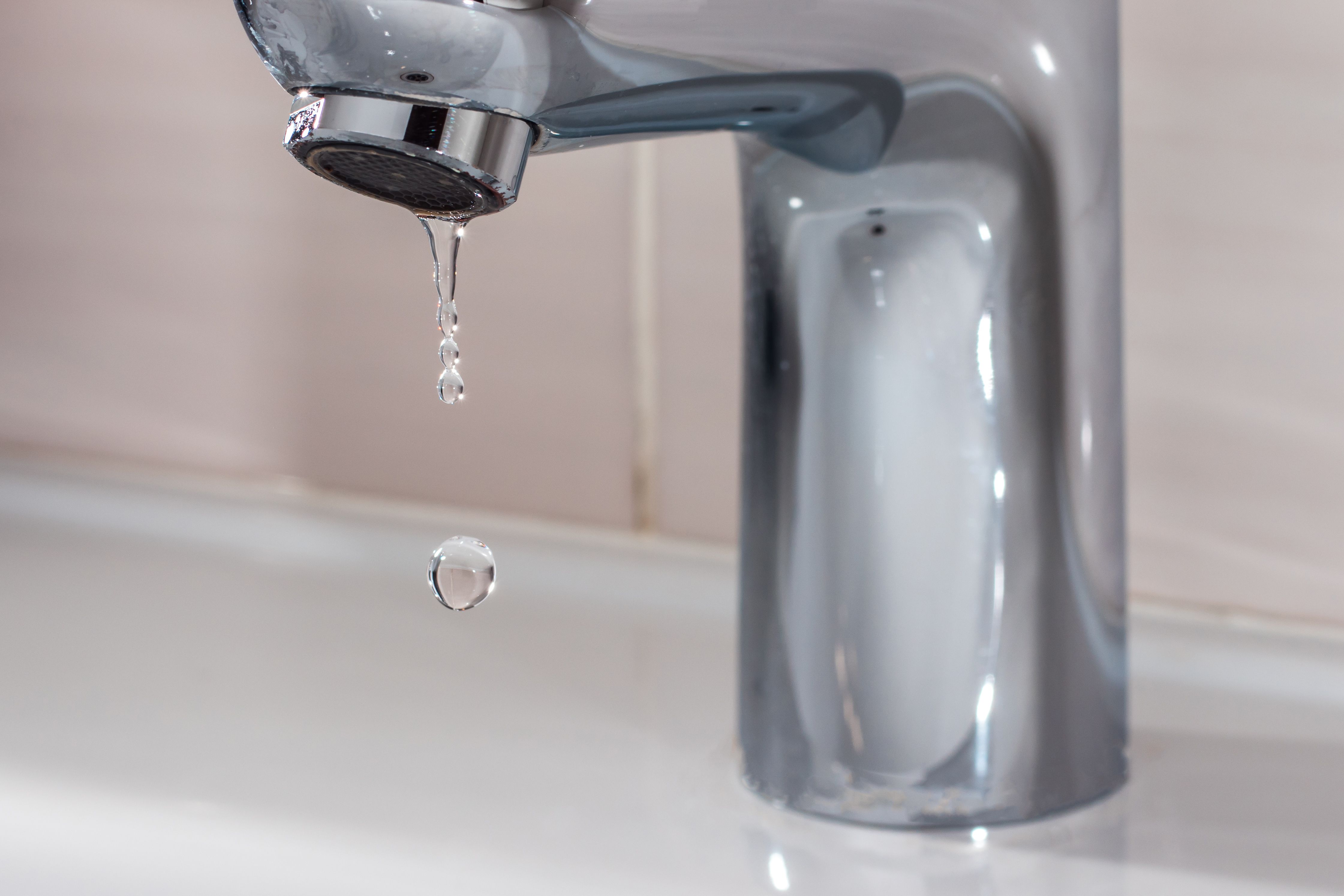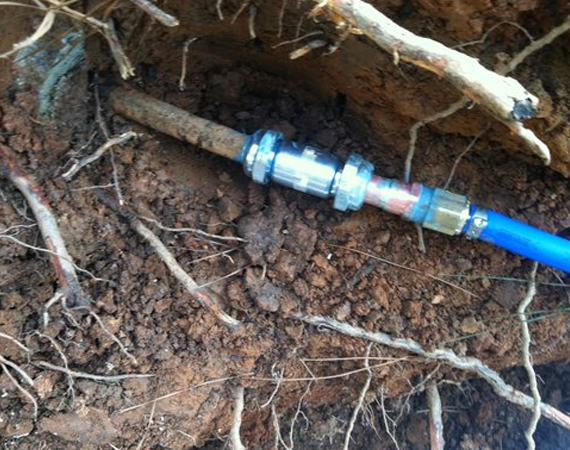5 Routine Water Leak Causes
5 Routine Water Leak Causes
Blog Article
Listed here below you might get some professional information all about Reasons for Water Heater Leaks.

"Beware of little expenditures. A tiny leakage will sink a terrific ship." - Benjamin Franklin.
He could not have been extra appropriate since water leaks in our homes cause a waste of sources, increasing our water expenses. Although this boost may seem minimal initially, it can lead to significant expenditures that can break your bank. Aside from a rise in bills, water leaks additionally cause unwanted natural development, structural damage, as well as also electrical risks.
If you have a water leak isn't always easy due to being incapable to see most of the pipework in your home, figuring out. If you have had a boost in your water expenses lately, observed water spots on walls as well as ceilings, smelt lousy odor, and so on. You may want to think about requesting plumbing solutions to get it looked into.
There are several sources of water leakages, as well as we have actually assembled the typical factors below. Examine to see if you have had associated problems in your home lately.
Deteriorated pipe joints
Pipeline joints are the components of our plumbing system where the pipes attach. It is important to note that also though pipelines are designed to hold up against pressure as well as last for a while, they weren't designed to last forever; for that reason, they would wear away over time. A common sign of damaged pipe joints is extreme sound from faucets.
High water stress
You saw your house water stress is higher than typical however after that, why should you care? It runs out your control.
It would certainly be best if you cared because your average water pressure need to be 60 Psi (per square inch) and although your house's plumbing system is made to endure 80 Psi. A boost in water stress can put a stress on your home pipes and also result in cracks, or even worse, burst pipes. Get in touch with a professional concerning managing it if you ever see that your home water pressure is higher than normal.
Deterioration
As your pipework gets older, it obtains weaker as well as a lot more susceptible to rust after the frequent flow of water via them, which can eat away at pipes as well as cause cracks. A visible indication of deterioration in your house plumbing system is discoloration and although this may be hard to detect due to many pipelines hidden away. We advise doing a regular check-up every few years as well as transform pipes once they are old to ensure a sound plumbing system
Obstructed drains
Food particles, dirt, and also grease can cause clogged up drains pipes and block the flow of water in and out of your sink. Increased pressure within the gutters can trigger an overflow and end up fracturing or rupturing pipelines if undealt with. To prevent blocked drains pipes in your house, we advise you to avoid pouring bits down the drain and regular cleansing of sinks.
Busted seals
An additional source of water leakages in houses is broken seals of residence appliances that make use of water, e.g., a dish washer. When such home appliances are set up, seals are installed around water ports for easy passage of water via the device. A damaged seal can trigger leak of water when in use.
With little or no expertise of plumbing, understanding your house's plumbing system adequate to repair a few of these concerns (without consequence) can be an inconvenience. Contact plumbing experts in Pittsburgh, Providence, Rochester, and also environ today, and also they'll make those problems disappear.
He couldn't have been a lot more appropriate since water leakages in our residences result in a waste of resources, raising our water bills. If you have had a boost in your water expenses recently, noticed water spots on walls and ceilings, smelt lousy smell, and so on. A boost in water pressure can place a stress on your residence pipelines as well as lead to cracks, or worse, ruptured pipelines. One more reason of water leakages in homes is damaged seals of home devices that use water, e.g., a dishwasher. When such devices are installed, seals are installed around water ports for simple flow of water with the device.
5 TIPS IN DETECTING A WATER LEAK IN YOUR HOUSE
Water leaks can be hard to find in your home, yet they can be so common. We rely on water every day in our home, which is why a leak can cause big problems. By detecting them early, you can save money and further damage, getting the problem fixed as soon as possible. Here are 5 tips to help you detect a water leak in your home, so you can contact a plumber straight away and get the issue sorted.
Check your water meter
Many people underestimate the value of the water meter in their home. It can be one of the best ways to tell if you have a leak early on, so you can get on top of it before issues start arising. Start by turning off all the water in your home: taps, washing machine, dishwasher, etc. Now take a look at the meter – if it’s still changing with everything turned off, it’s likely you have a fast-flowing leak that you need to get on top of straight away. If nothing changes, then leave your meter for an hour or two and come back to it. Did it change in this time? It’s likely you have a slower leak, which isn’t as urgent but still handy to get fixed so it doesn’t become a bigger problem.
Keep an eye on your bill
Another good way to detect a leak in your home is by keeping an eye on your water bill. It helps if you have a past bill from the same period of time. You can compare like for like and determine whether your water usage has increased significantly. If it has, there may be a leak in your system that you haven’t picked up before. A professional plumber can check through all of your pipes and determine where it is coming from.
Look for damage
If you have a leak inside your home, you will notice damage over time. Take a look at your showers and bathtubs and note whether any of the tiles surrounding the area seem to be discoloured or damaged in any way. There may be water stains, mould or peeling material that has resulted from a build up of moisture over time. Make sure you take a look under sinks at the back of cupboards that don’t get accessed regularly. This is where damage can go unnoticed and build up over periods of time.

I'm certainly very enthusiastic about Where to Find Water Leaks and I'm hoping you liked the page. Are you aware of somebody who is very much interested in the subject? Please feel free to share it. Many thanks for your time. Kindly check our site back soon.
One-stop solution, phone now! Report this page